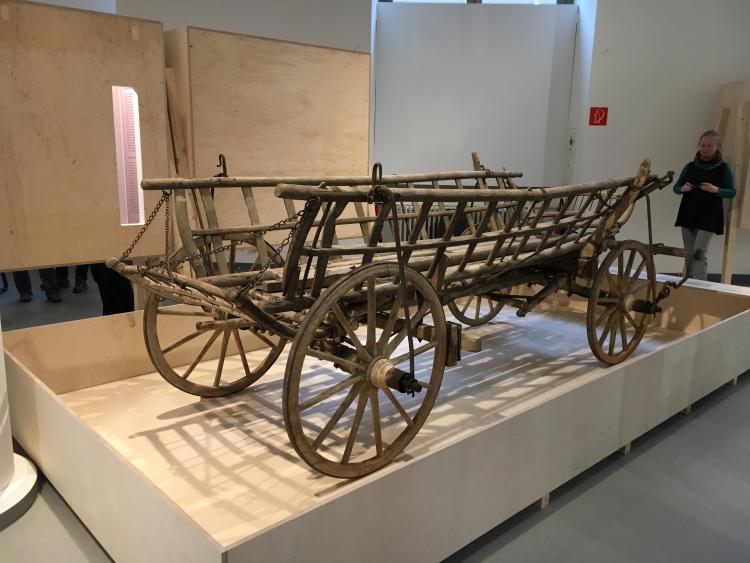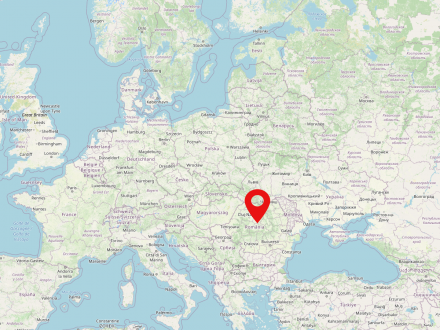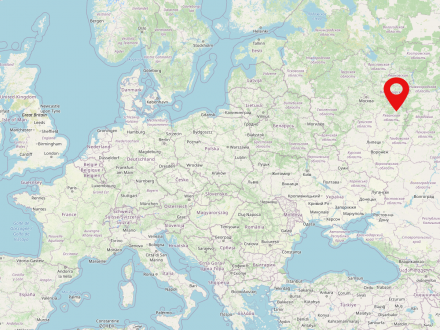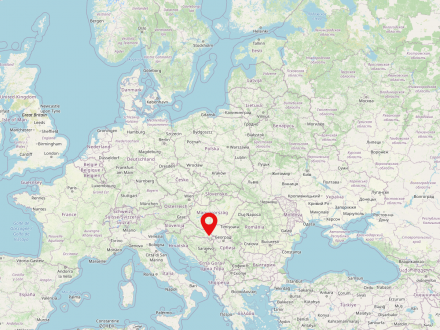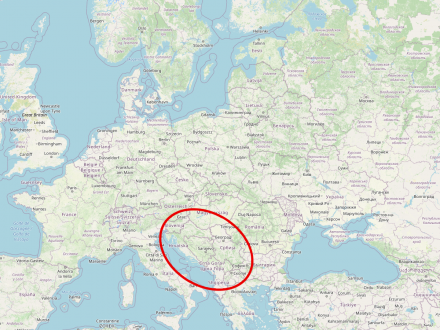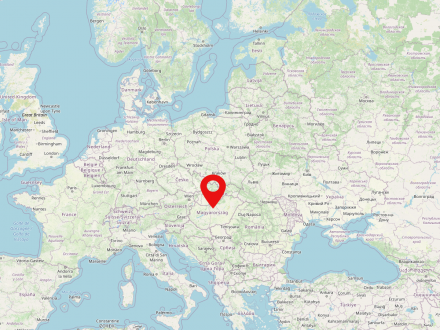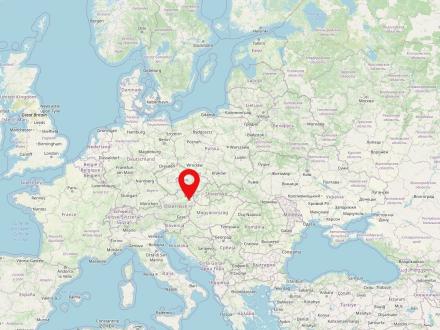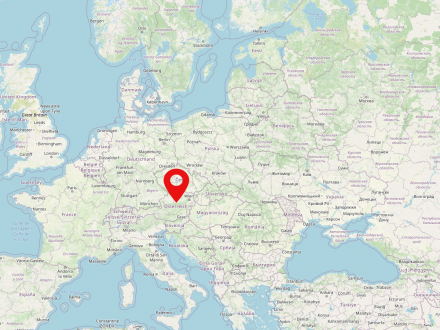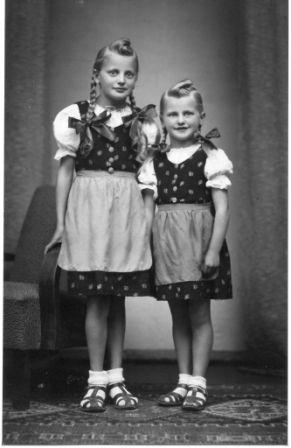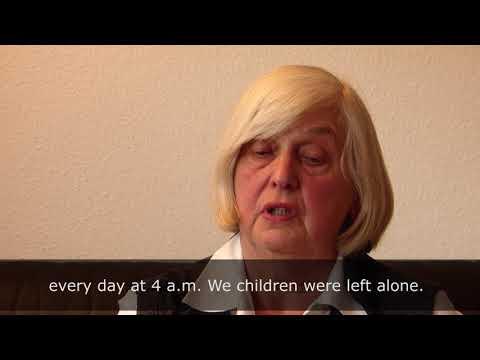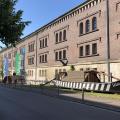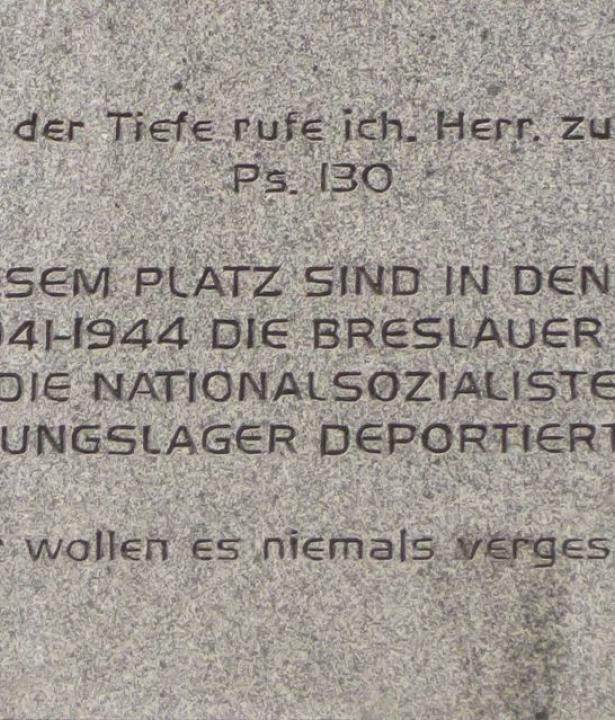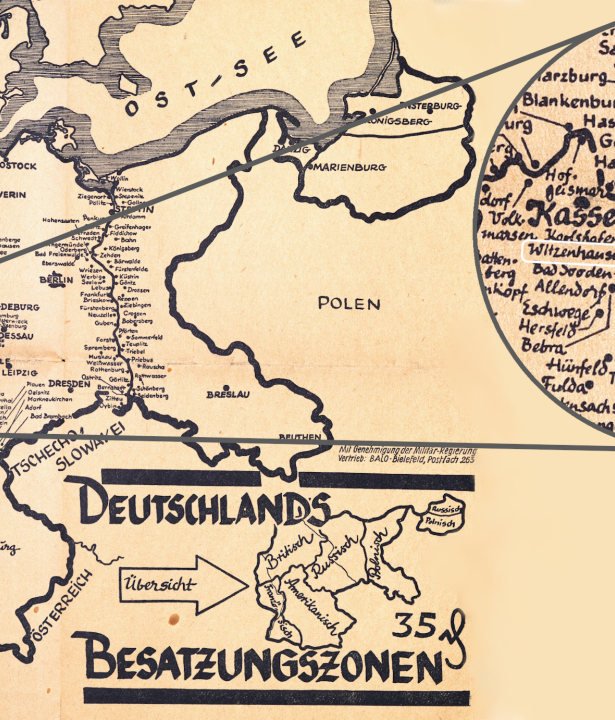Romania is a country in southeastern Europe with a population of almost 20 million people. The capital of the country is Bucharest. The state is situated directly on the Black Sea, the Carpathian Mountains and borders Bulgaria, Serbia, Hungary, Ukraine and Moldova. Romania was established in 1859 from the merger of Moldova and Wallachia. Romania is home to Transylvania, the central region for the German minority there.
The Soviet Union (SU or USSR, Russian: Союз Советских Социалистических Республик (СССР) was a state in Eastern Europe, Central and Northern Asia existing from 1922 to 1991. The USSR was inhabited by about 290 million people and formed the largest territorial state in the world, with about 22.5 million square km. The Soviet Union was a socialist soviet republic with a one-party system.
The originally independent village of Novo Selo is today, as Vinkovačko Novo Selo, a district of Vinkovci (German: Winkowitz), a town of about 35,000 inhabitants in the far east of Croatia. It is located in the historic Syrmia region, which was one of several settlement areas of the Danube Swabians since the end of the early modern period and is also the name-giver for today's Croatian Vukovar-Syrmia County.
Yugoslavia was a southeastern European state that existed, with interruptions and in slightly changing borders, from 1918 to 1992 and 2003, respectively. The capital and largest city of the country was Belgrade. Historically, a distinction is made in particular between the period of the Kingdom of Yugoslavia from 1918 to 1941 (also called 'First Yugoslavia') and communist Yugoslavia from 1945 (the so-called 'Second Yugoslavia') under the dictatorial ruling head of state Josip Broz Tito (1892-1980). The disintegration of Yugoslavia from 1991 and the independence aspirations of several parts of the country eventually led to the Yugoslav Wars (also called the Balkan Wars or post-Yugoslav Wars). Today, the successor states of Yugoslavia are Slovenia, Croatia, Serbia, Montenegro, North Macedonia, Kosovo and Bosnia and Herzegovina.
Hungary is a country in Central Europe, whose capital is Budapest. The country is home to about 10 million people and was part of the so-called Habsburg Empire for several centuries. Hungary has been a member of the European Union since 01.05.2004. The Danube is the largest river in the country.
Vienna is the federal capital and the political, cultural and economic center of Austria. Around 1.9 million people live in the city alone, which is one-fifth of the country's population, and as many as one-third of all Austrians live in the metropolitan area. Historically, Vienna is particularly important as the capital and by far the most important residential city of the former Habsburg monarchy.
Austria is a country in Central Europe populated by about 8.9 million people. The capital of the country is Vienna.


